
#CILE2015: The Participants
>> CILE 3rd Annal International Conference, Brussels, march 2015 <<
Biography
Chauki Lazhar (b. 1980, Belgium) is currently the Deputy Director of the Center for Islamic Legislation & Ethics (CILE) at Hamad Bin Khalifa University, Qatar. He is also a member of the International Union of Muslim Scholars (IUMS) and lecturer in Applied Islamic Sciences at CIET Institute in Gent, Belgium and at Ibn Taymiyah Institute in France. He did Islamic Studies in France at the European Institute of Human Science in Chateau Chinon and Paris from 2003 until 2010 where he also memorized the full Qur’an. He got his bachelor degree in Sharia and Theology with cum laude and his Master degree in Fiqh and Usul al Fiqh with summa cum laude, and he is currently a doctoral researcher in Jurisprudence and the Higher Objectives of Sharia.
Lazhar was lecturer in several institutes in Belgium and France since 2007. In 2012, he was lecturer in Islamic Sciences at Group T ; international University College Leuven, Belgium. Lazhar taught a wide range of courses including Islamic Law, Theology, Quranic Exegeses (Tafsir), Principles of Islamic law and Jurisprudence (Usul al-Fiqh), Maqasid al Sharia, Quran and Hadith studies. Lazhar developed a wide range of research interests within the field of Islamic Studies including Islamic Theology, Spirituality, Law and Thought.
Speech Title (Gender Issues panel)
The Gender Issue: Towards an Alternative Islamic Discourse
Abstract
Gender issues received scant attention in early Islamic thought, indeed it is difficult to find any specialized work that addresses gender issues, let alone issues relating to masculinity and femininity. Early scholars of Islam did not need to theorize or form ideological foundations for many of their real life situations because their understanding and absorption of the principles, values and tenets of their faith made them react very naturally to these situations. Of further significance is that their perspective on gender issues and those of masculinity and femininity was naturally influenced by time-honored traditions rather than Islamic values and teachings. Religious texts were frequently employed to justify these traditions and apply the dominant visions and conceptions about man and woman to these Islamic texts.
Although Islamic thought has dominated many issues and facts that were firmly rooted in historical reality by having them restructured and harmonized with Islamic values and principles, that same Islamic thought was also dominated itself by gender issues. Consequently, the historical reality of man and woman was not founded on Islamic principles that are related to their issues ; but rather it is the Islamic thought on gender issues that was founded on the postulates of this reality. This view resembles one maintained by Malek Bennabi regarding political thought in Islamic heritage. Similarly the issue of slavery and other issues were more influenced by established historical practices than by religious thought and discourse.
Efforts of contemporary scholars and intellectuals were supposed to be channeled into carefully examining the legacy of the Islamic thought on this issue so as to inguish genuine thought from others. It was also essential to re-scrutinize the scriptural texts so as to re-establish the foundations of religious discourse and crystallize the principles and values that set the framework for understanding gender issues. All this had to be based on a solid methodology. Yet, contemporary Islamic thought has continued to follow other courses to a point where it has now become split into three trends : The modernist trend that uses a new type of approach, applying the postulates of the new reality to the religious texts even if this necessitates interpreting these texts out of their context, or more regrettably criticizing and disregarding them for no legitimate reason. The second is the traditional trend that defends early readings of the religious text. The third is the justificatory trend which extols Islam and criticizes Western modernity without presenting a new authentic and comprehensive reading of the text. These efforts, aimed at producing a firmly rooted alternative religious discourse, have so far been unsatisfactory.
Significant effort to construct a new discourse is therefore absolutely critical. This cannot be achieved by merely abandoning some early readings of the text or coming up with new thoughts or reflections. Rather, this requires serious revision of the entire corpuses of Islamic jurisprudence (Fiqh), and Qur’an exegeses in particular, and the critical interpretation of those texts that deal with gender issues in general. An alternative Islamic discourse must include both the history and the legal texts for two reasons. First, any alternative Islamic discourse cannot be constructed without the re-reading of the scriptural texts in light of a comprehensive approach and without referring to the intellectual heritage of Islam. This is justified by the fact that no discourse can be labeled as ‘Islamic’ unless it is founded on the texts of Islam and that reading of heritage is always based on a systematic approach that gives consideration to the denotative, synthetic and structural nature of the text.
The second reason is that any new discourse that replaces the traditional discourse is likely to fail unless it effectively addresses the vast quantity of texts that are used as a source of reference in male-oriented readings. Any approach that violates, ignores, or misinterprets the text cannot be regarded as a persua- sive alternative Islamic discourse, excluding perhaps in certain narrow academic circles. So far as methodology is concerned, none of the patriarchal readings of the heritage was based on the established norms of the Islamic legal theory or exegetical rules which constitute an integral part of the traditional approaches of ijtihad. It is impossible to find a single example for any of the norms of Islamic legal theory that resulted in the production of male-dominated views and ways of thinking that encroach upon the rights of woman. Rather disregarding these norms to make such concepts dominant was the main reason for producing many such readings. Accordingly, the starting point of the alternative reading approach does not aim to disintegrate the systematic traditional approach, as some may claim. But rather it aims first to apply the norms of Islamic legal theory and then to supplement the systematic traditional approach so as to go beyond the current fragmentary approach. This will contribute to a much more comprehensive approach, one that is capable of addressing the specifics of any issue by reference to its doctrinal, objective and scholarly frameworks. This paper will highlight some of the fundamentals of this alternative reading approach.
Video
(Starting 20 min)
Opening Speech



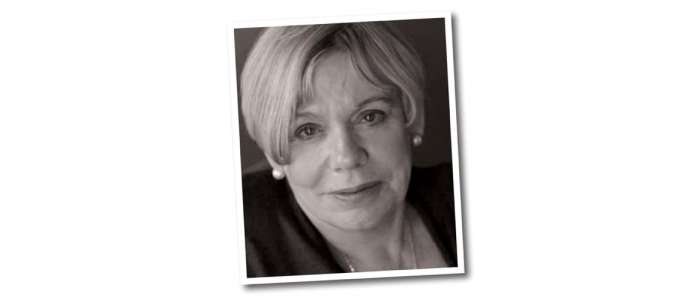
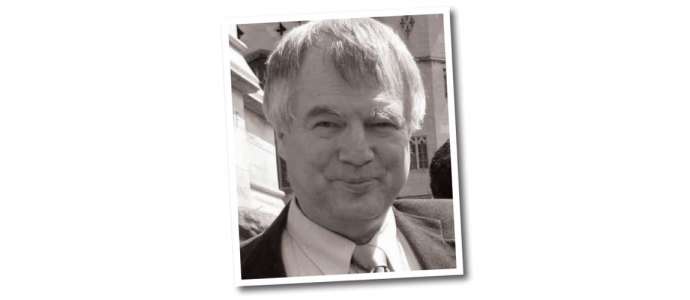
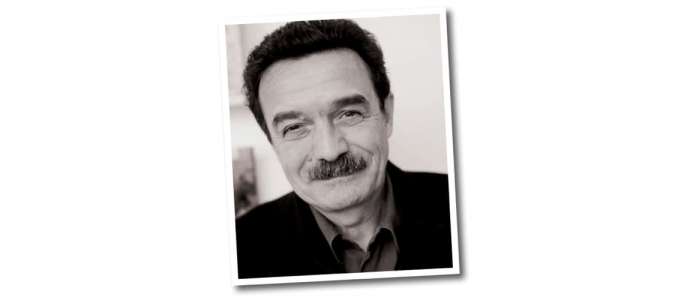
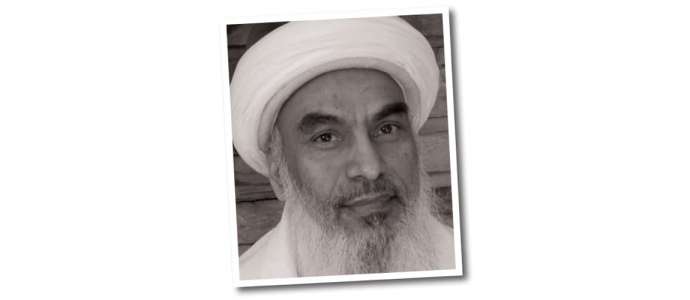
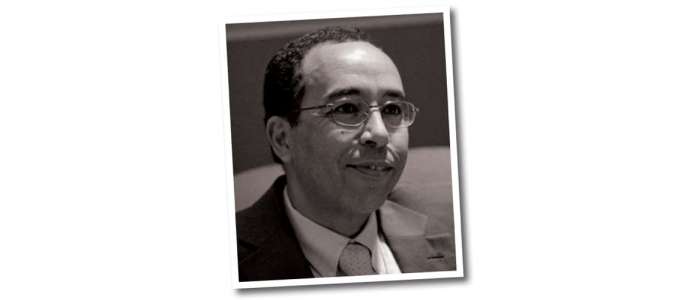
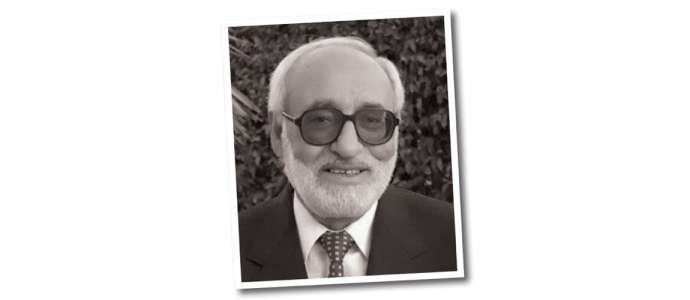
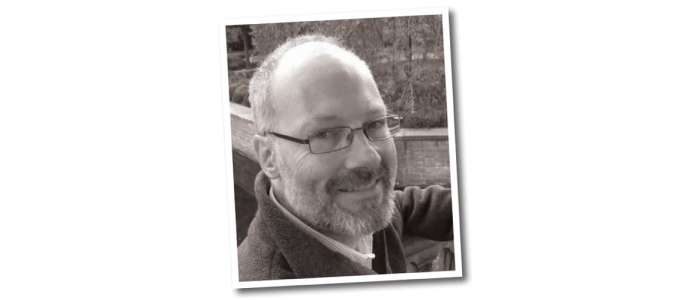
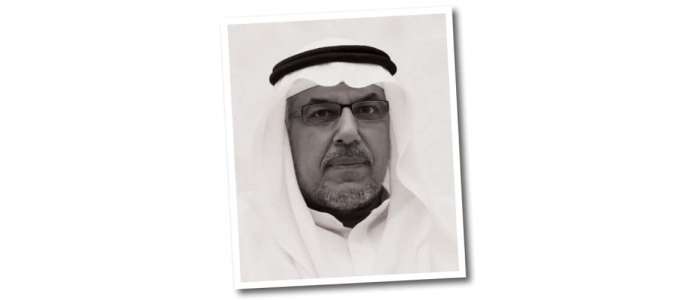
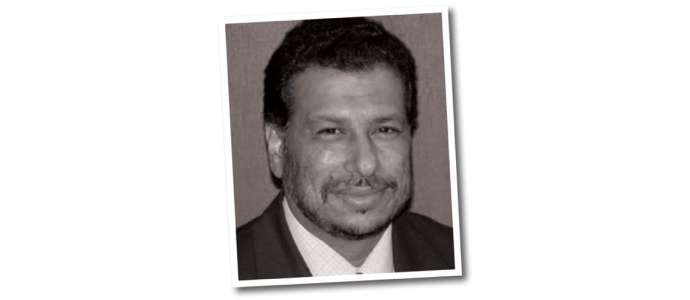
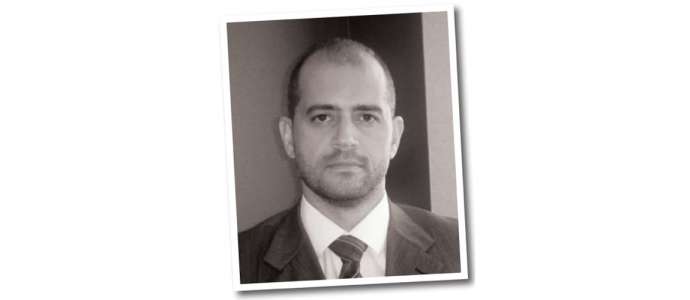
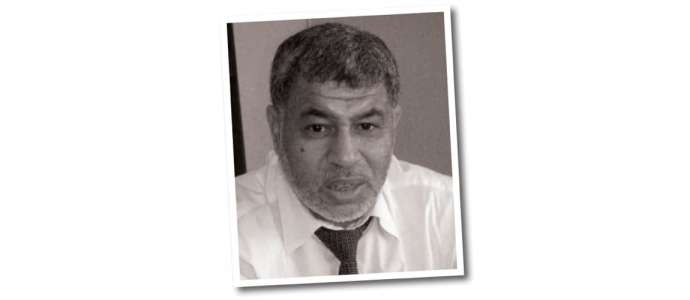
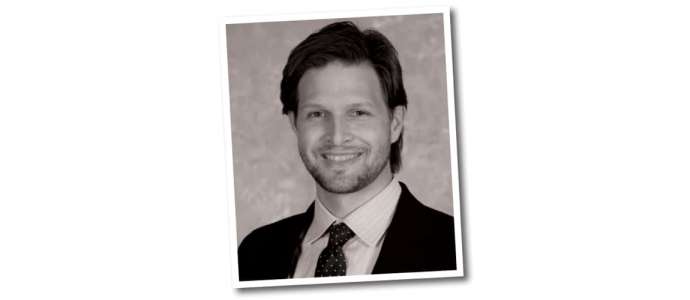
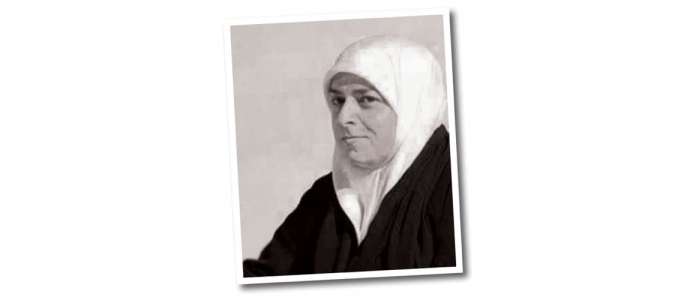
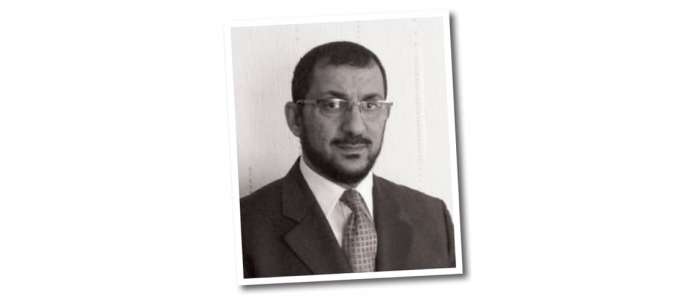
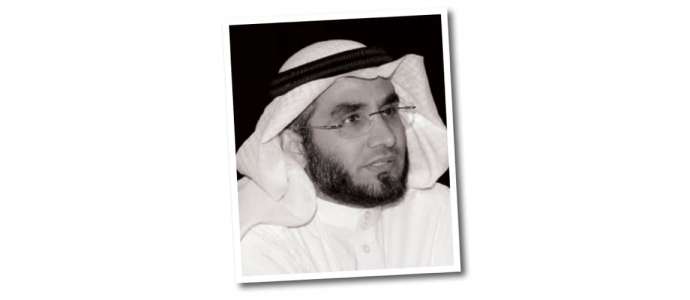
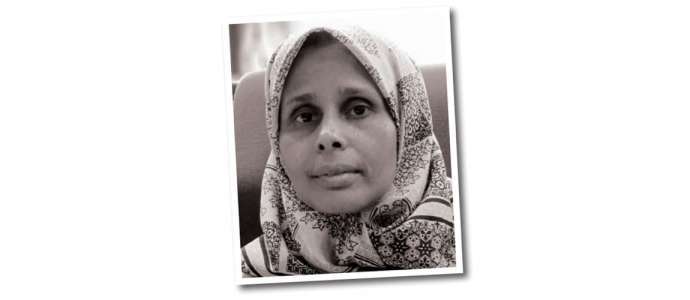
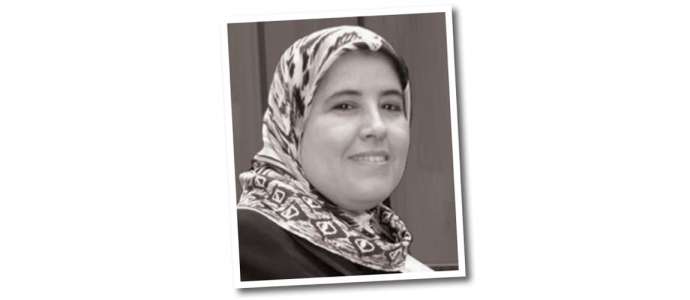












Add new comment